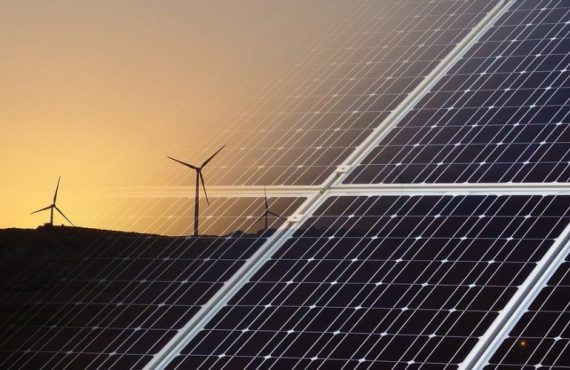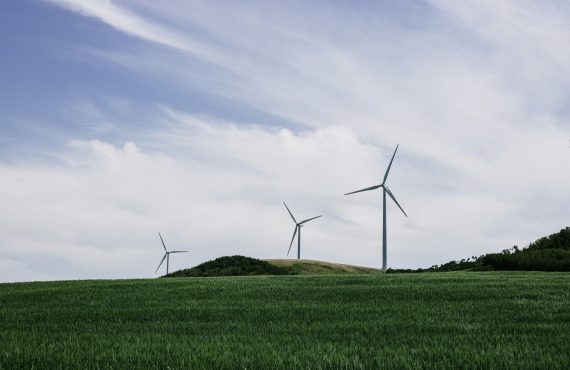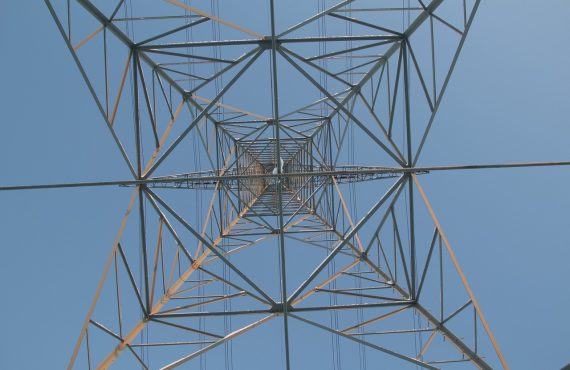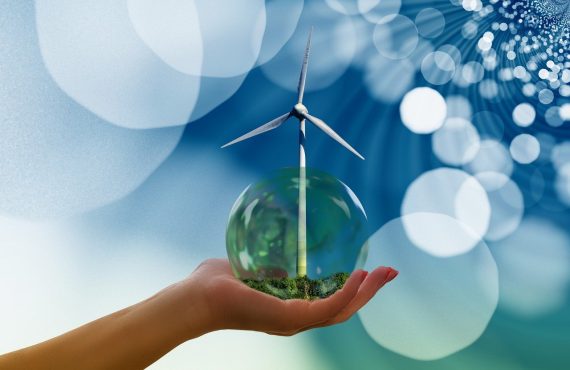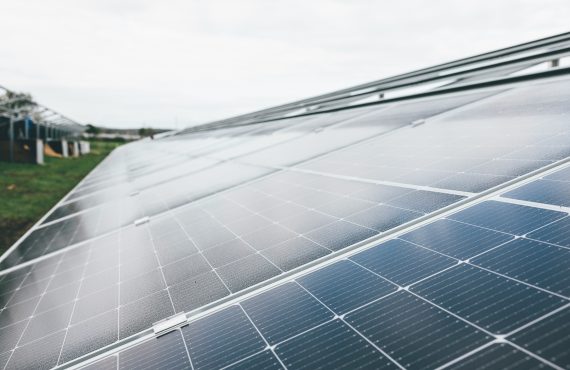In force: European obligation to reduce fossil gas consumption during the period August 2022-March 2023 by 15% compared to the average of the same period of the previous five years or last year, if the consumption had increased by more than 8% that year. The latter condition applies to Greece; therefore it can calculate its reduction target based on last year’s consumption.
Αccording to the latest available data from the National Natural Gas Transmission System – DESFA, in March 2023, the last month of the eight-month period when the country must reduce gas use in line with its European obligations, the total domestic consumption was 3.99 TWh, the lowest for the month of March in the last 5 years. The overall decrease of 2.95 TWh in March 2023 compared to the same month in 2022 was mostly (75%) due to power generation (-2.22 TWh) and less due to distribution networks (- 0.79 TWh), while for the first time since the start of the crisis in 2021 there was a slight increase (+0.05 TWh) in gas consumption by industry compared to the same month last year.
Cumulative performance and the EU target of -15%
Greece completed the eight-month gas consumption reduction period (August 2022-March 2023) set by the EU-27, with a total consumption of 32.9 TWh, thus overachieving the reduction target of -15%, not only compared to the corresponding period of the previous year but also compared to the five-year average (41.6 TWh). In fact, gas consumption during this period was the lowest in the last 8 years for the same eight-month period (26.2 TWh in 2016).
More specifically, the cumulative consumption for the eight-month period was 8.7 TWh lower than the average for the same eight-month period of the previous five years. The main contributor to this decrease was power generation (-4 TWh), followed by industry (-3.4 TWh) and distribution networks (-1.3 TWh).
In terms of percentage changes, the country in the eight-month period August 2022-March 2023 reduced its total gas consumption by 31.8% compared to the same period of the previous year, far exceeding the reduction target corresponding to the derogation that Greece obtained in the relevant EU Regulation, according to which, it can calculate its performance in relation to the previous year and not to the five-year average. Most remarkably though, the country managed to reduce its gas consumption by 20.9% compared to the five-year average, exceeding by almost 6 percentage points the target of -15%, set by the European Commission. It therefore proves that the invocation of the derogation from the Regulation requested and received by Greece was not necessary in order for the country to contribute to the common EU effort on the basis of its real potential.
Moreover, all gas end uses show significant percentage reductions compared to the same eight-month period of the previous year. Industry leads the way with -44.6%, followed by electricity generation (-31.9%) and distribution networks (-28.2%). The percentage decreases in gas end-uses are analogous with respect to the five-year average as well, with industry, electricity generation and distribution networks exhibiting decreases of 67.3%, 14.8% and 13.8%, respectively.
Consumption in 2023
In March 2023, fossil gas consumption was down 42.5% compared to March 2022, the 3rd largest monthly decline compared to the same month of the previous year since the beginning of the war, behind only the decrease observed in October (-50.1%) and April 2022 (-46.1%). This is the 12th month in a row where a decrease compared to the same month of the previous year was recorded (April 2022-March 2023). Furthermore, cumulatively, in the first quarter of 2023, fossil gas consumption decreased by 33.9% compared to the same period in 2022 and by 25.4% compared to the five-year average.
Regarding the distribution of gas consumption among end-uses, in the first quarter of 2023, the large decrease in gas use for power generation also reduced its share in end-uses to 56.1% (from 73.5% during 2022). In contrast, distribution networks increased their share to 37.9% in the first quarter of 2023 (21.5% for the whole of 2022), while industry’s share remained very low at 6% (5% in 2022).
Imports in 2023
In terms of gas flows from the country’s four entry points, in March 2023, gas imports from Russia used to cover domestic consumption were just 0.28 TWh, down 87.3% compared to the same month in 2022, thus resulting to a share of just 6.5% of imports in the same month [1]. Also, for the first time since April 2022, imports of liquefied fossil gas (LNG) through the Agia Triada gateway exhibited a decrease compared to the same month last year (-6.9%). However, LNG was again by far the main source of gas for the country this month with 2.96 TWh, and a share of 68.1% of total gas flows imported by Greece. Imports from TAP via Nea Mesimbria also recorded a large decrease compared to March 2022 (-30.3%), contributing 0.87 TWh and occupying a share of 20.1%, while the quantity imported from Turkey via Kipoi was very low (0.23 TWh and a share of 5.4%).
Cumulatively for the first quarter of 2023, LNG imports via the Ag. Triada entry point ranked first among supply sources with 10.27 TWh – an increase of 11.3% compared to the same period in 2022 – and a share of 72.4%. On the other hand, there was a large (-30.3%) decrease in gas imports from Azerbaijan via TAP. However, with 2.65 TWh and a share of 18.7%, gas from TAP continued to rank second in the first quarter of 2023. Russian gas imports covering domestic consumption declined even more, as they contracted by 85.9% compared to the same period in 2022. Thus, with just 0.76 TWh and a 5.4% share among the four entry gates, Russian gas used for domestic consumption ranked third among the country’s supply sources. Finally, the lowest contribution corresponds to gas imported from Turkey through the gateway of Kipoi, with only 0.5 TWh and a share of 3.5% in the first 3 months of 2023.
Comparison with the EU
According to the latest available Eurostat data on monthly gas imports (January 2023) [2], Greece has managed to reduce its dependence on Russian gas more compared to the EU-27 average. The peak of this downward trend occurred in January 2023, when there were zero imports from Russia through the Sidirokastro gateway. Thus, cumulatively for the 12 month-period February 2022-January 2023, Greece reduced its Russian gas imports by 71.7% compared to the previous 12 months, while the corresponding EU-27 average was -37%.
You can read the analyses of other months here.
[1] Overall imports from Russia were higher in March 2023, but a large part of these were exported back to Bulgaria, resulting in only 0.28 TWh being used for domestic consumption in Greece.
[2] Some of the Eurostat data, especially for the last few months, are provisional and will be finalized in the coming months.






